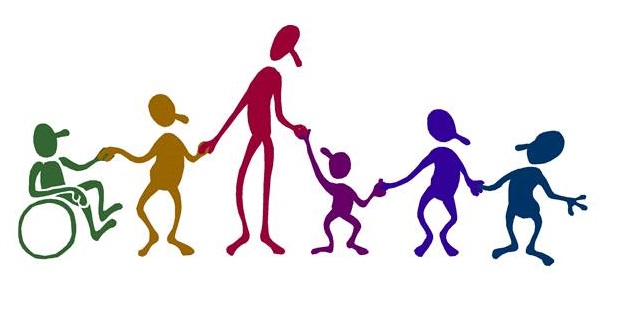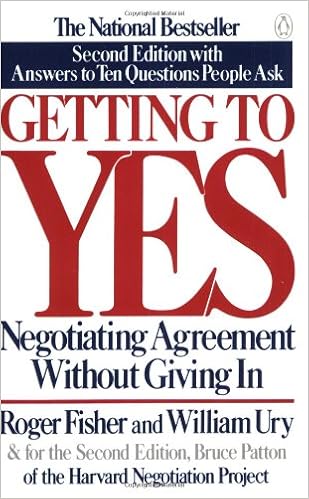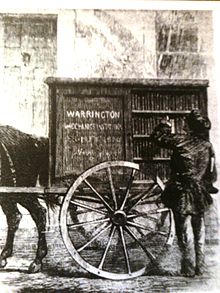So what is a Digital Library?
- A Digital Library is considered a special library, that is focused on the collection of digital objects such as
- Texts
- Visual Material
- Audio Material
- Video Material
- All of this material is stored as digital content in electronic media formats to increase
- Organization
- Efficiency
- Preservation
- Storage
A digital library is used as an information retrieval resource, meaning that you can access these digital library collections remotely via your own personal computer. This has become increasingly useful, especially in our fast-paced society where patrons often do not have enough time to browse the stacks at their local libraries. Now, with digital libraries, patrons can use digitized materials at any time that is convenient for them.
What Does this Look Like for the Future of Libraries?
Large scale digitization projects are currently underway, led by major internet moguls such as Google, The Million Book Project, and Internet Archive.
These large-scale digitization projects are actively researching archival methods, so that in 100 years, patrons can access and read any materials as legible as its original content.
Advantages of Digital Libraries
- No Physical Boundary
- You can access as many resources anywhere, anytime
- Smarter Information Retrieval
- Patrons are able to enter key search terms to find their resources quicker and easier
- Preservation and Conservation
- Once the technology is able to readily preserve ample materials in a digital format, such materials will last a lifetime
- Added Value
Disadvantages of Digital Libraries
- No access to those without Internet access
- Patrons who do not have readily accessible Internet access would not be able to utilize these materials, but rather, rely on a physical library to gather necessary research or resources
- Interoperability
- Unless all patrons use the same computer software, perhaps operating systems across the board would not be as efficient or effective. To find a digital library that is utilized by all technologies would be difficult to achieve initially
- Information Organization
- Finding the correct classification terms would pose a challenge initially, in that some materials could possibly span across multiple platforms.
At the end of the day, a digital library serves as a lot of exciting potential for the future of libraries, but still lack the access and affordability that a physical library offers all patrons. Before Digital Libraries can be launched nation and world-wide, there is still a lot of research to be done, in order to ensure patrons are given the same opportunities and access as traditional libraries.



















